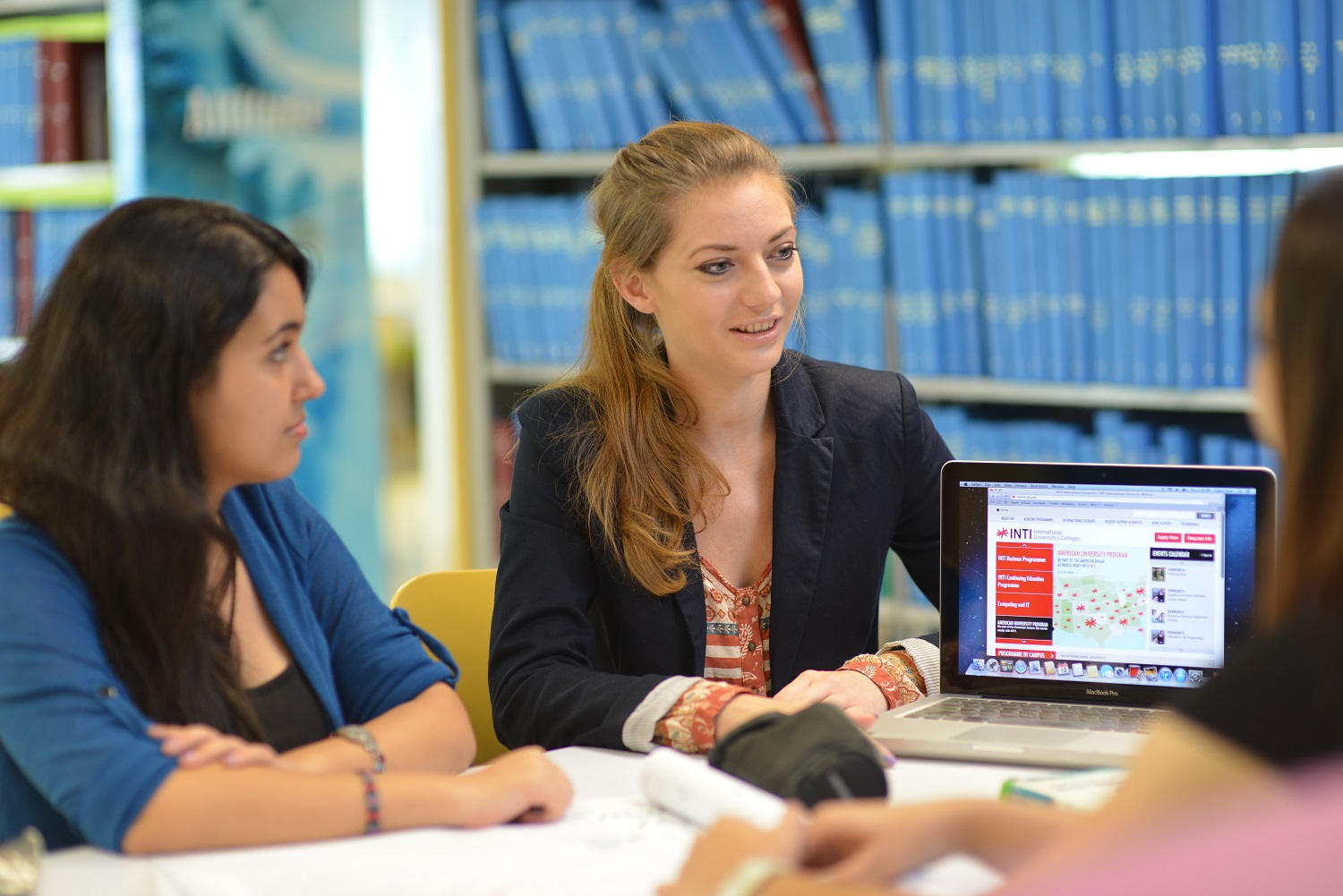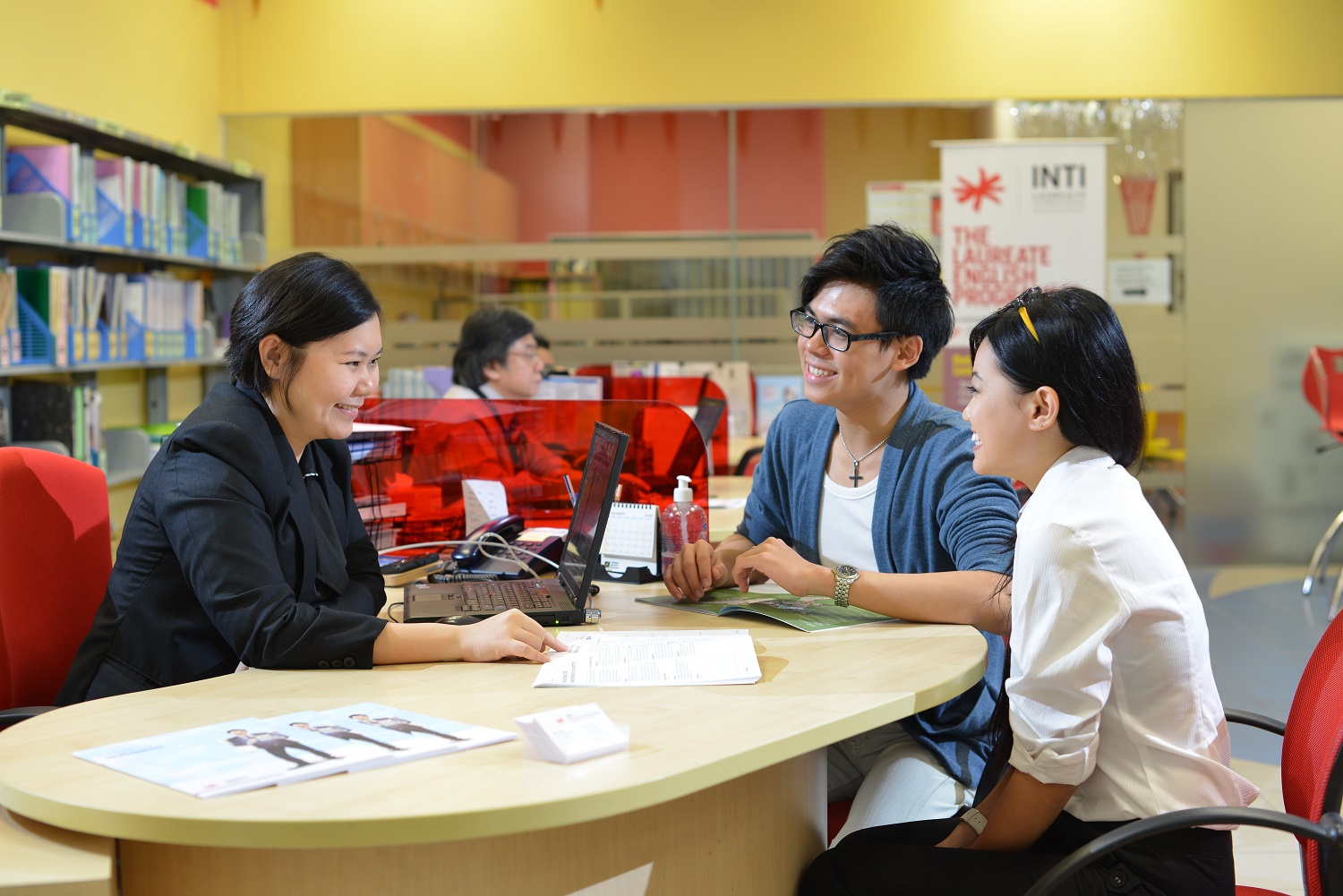A majority of Malaysian students believed that universities in the future would teach career-oriented skills. Similarly, almost all students (92%) believed that it was important to promote lifelong learning (even though less than half were confident that innovations like providing certifications throughout their career would actually occur).

The world’s young people are largely optimistic that higher education will bring them a brighter future, according to a new index of student attitudes by Laureate and Zogby Analytics.
This is based on the 2015 Laureate/Zogby Student Survey which includes responses of more than 23,000 Laureate International Universities’ (“Laureate”) students and more than 4,000 non-Laureate students in 22 countries, which provides unique insights on students’ perceptions of their education systems.
More than 650 students from INTI International University (INTI), which is a part of the Laureate International Universities network, participated in the survey conducted earlier this year. The 2015 survey provides the most comprehensive study of student perspectives on international higher education that has ever been conducted.
In a year of global unrest and increasing political tensions, the world’s young people are largely optimistic that higher education will bring them a brighter future, according to a new index of student attitudes by Laureate and Zogby Analytics. The research follows up on an earlier Laureate/Zogby study that was the largest international survey ever completed of student attitudes about the future of higher education.

More than 650 students from INTI International University participated in the survey conducted earlier this year.
The survey also found a near-consensus among students around the world (93%) that universities should work directly with employers to help teach students the soft skills they need to be successful.
“It is essential for employers to be represented in the classroom,” said Mr. Rohit Sharma, Chief Executive Officer of INTI. “Practical knowledge of what skills employers need will help realise the ambitions and abilities of students and make them more attractive to employers. To date, we have worked with more than 200 employers, bringing in real-life workplace experience to our students.”
“As an education provider, we understand that to provide education that is relevant and attractive to our students, we must first understand their attitudes and views. By building on this belief, the Laureate/Zogby Student Survey as well as our recent Gen Z Survey, have given us a deeper understanding on how we can innovate our teaching environment and further equip them with the relevant soft skills in building the next generation of leaders to drive the economy forward.
“At INTI, we have launched the #rethinkEDU campaign with the aim to change the public perception of the role of higher learning institutions by focusing on a holistic, beyond-classroom experience for its students. We believe in education that empowers. Thus, as a leading institution of higher learning, we constantly evolve and even incorporate various technology innovations in our teaching and learning process,” said Rohit.
When asked about the types of changes that must be made to teach soft skills, a majority of Malaysian students responded that innovations in higher education — like career-oriented education, lifelong learning, paid apprenticeships and courses taught by employers — would help them achieve their career goals. 96% of students said they believe that their institutions should foster an entrepreneurial atmosphere.
On the basis of 2015’s survey, Laureate and Zogby developed the first-of-its-kind global Student Confidence Index, a two-part index that tracks student attitudes on the current state of higher education and its future. The index demonstrated that most students worldwide are confident that their education systems provide a quality education today and for the future. A majority of students in Malaysia believed that innovations in higher education would occur in ways that will benefit future students. The Student Confidence Index found that students in Malaysia were confident in both the current higher education system (with a score of 53) and in the future (with a score of 62).